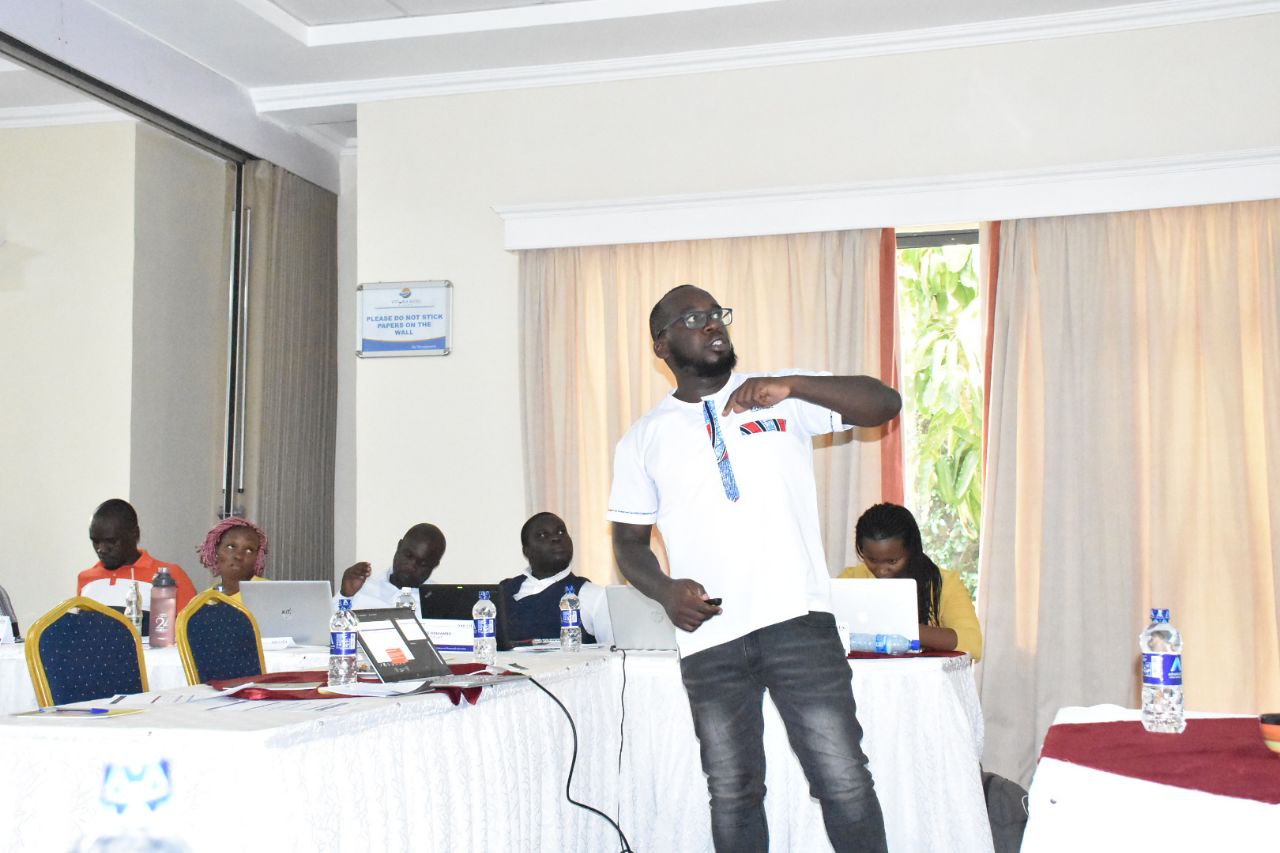
The Media Council of Kenya (MCK) has urged journalists to adhere to journalistic ethics when they report on HIV/AIDS.
MCK’s Manager for Regulatory Affairs Terrence Minishi told journalists in Bungoma that adherence to journalistic ethics also guard media workers' rights in the course of their work.
“As a journalist, you should identify key players and credible sources, research and provide factual and accurate information to the public,” he said at a journalists' HIV reporting sensitisation forum organised by the Media Council of Kenya and the National Syndemic Diseases Control Council, formerly known as the National AIDS Control Council.
"The role of the media is to inform, educate and remind the masses. After declaration of HIV as a national disaster in 1999, the media has played an important role in addressing key issues such as stigma, HIV prevalence, preventive measures and encouraging the public to get tested", said Mr Minishi.
He urged journalists to protect the identity of people living with HIV/AIDS.
“In as much as the constitution provides for media freedom, people living with the HIV/AIDS also have a right of privacy, therefore, you must seek consent to use pictures and names before publishing their stories”, said Mr Minishi.
He encouraged media to use their platforms to tell stories of hope to the public on HIV/AIDS.
Ms Joy Mong’are from the National Syndemic Diseases Control Council (NSDCC) said HIV has evolved over the years and urged journalists to update themselves with current information about the scourge.
Ms Mong’are further urged journalists to visit NSDCC satellite offices and engage the regional coordinators to ask for current data when reporting on HIV cases.